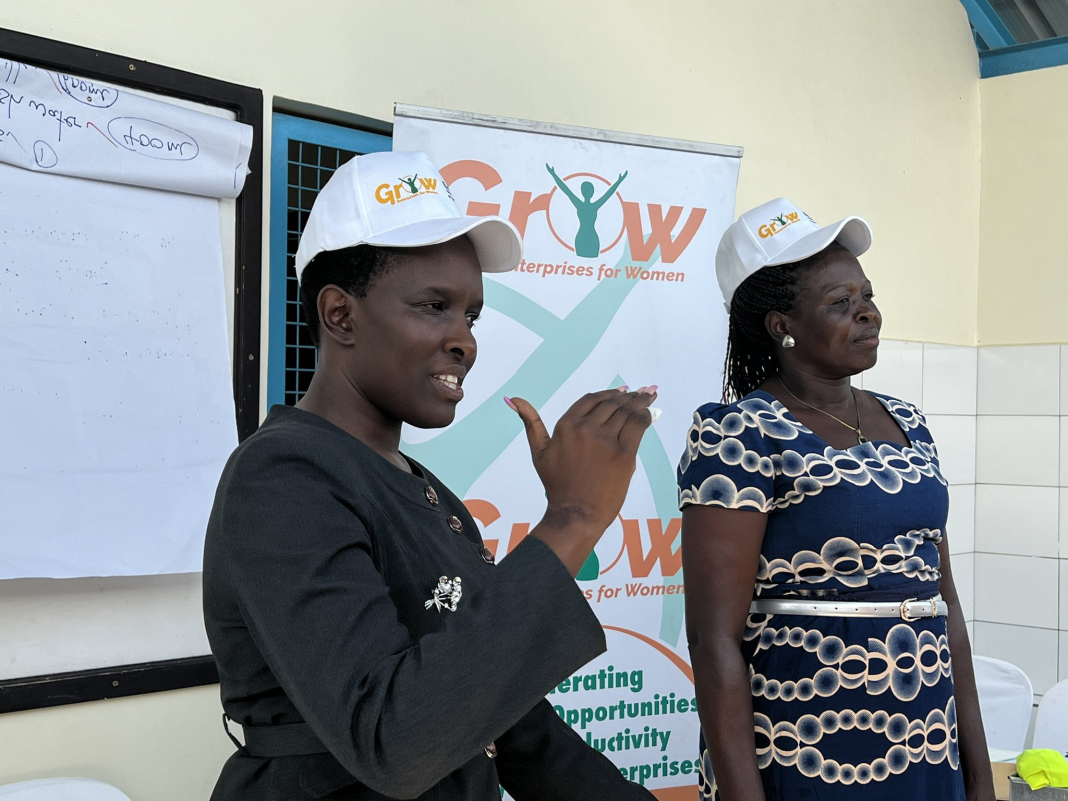Uganda’s banking sector is facing criticism from lawmakers for allegedly hindering the government’s flagship women’s entrepreneurship program, Generating Opportunities and Productivity for Women Entrepreneurs (GROW).
The initiative, aimed at supporting women-led businesses, has been plagued by banks’ prioritization of their own loan products over GROW funds, according to Sarah Opendi, Woman MP for Tororo District. Opendi shared her sister’s experience of being repeatedly denied access to the GROW fund by Post Bank and Centenary Bank.
Jane Avur of Pakwach District highlighted inconsistencies in Post Bank’s messaging between its headquarters and rural branches.
Santa Okot accused Centenary Bank of charging an unjustified Shs10,000 for account opening and colluding with surveyors to extort money for collateral assessments.
Aisha Kabanda from Butambala District advocated for a group loaning system, similar to existing bank practices, to aid women lacking traditional collateral.
Kabanda emphasized the importance of transparency about loan terms, particularly the effective interest rate of 20 percent over two years.
Moses Kabuusu from Kyamuswa constituency voiced concerns over Finance Trust Bank’s refusal to accept boats and engines as collateral, a significant barrier for women in fishing areas.
He also noted the limited presence of banks in rural areas, making fund access difficult.
Bank officials urged patience, citing the program’s early stages and audits by KPMG, dismissing accusations of favoring their products.
Minister Betty Amongi acknowledged the concerns, announcing plans to involve Savings and Credit Cooperative Organizations alongside banks to extend reach.
A sub-regional sharing agenda will be implemented to ensure nationwide fund accessibility. Communication with banks is ongoing to streamline this process within two weeks.
Amongi also mentioned that beyond loans, the GROW project will introduce a skilling program. Women uninterested in loans can access training tailored to their fields of interest.








